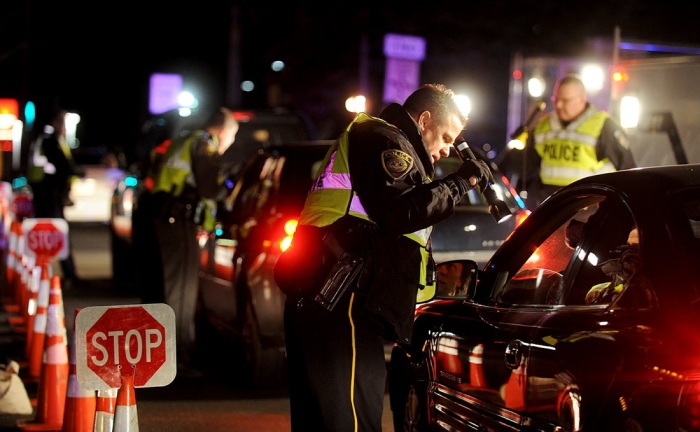Getting arrested and charged with a DUI is an incredibly stressful experience, but it happens. In fact, approximately 1.5 million people are arrested annually for driving under the influence of alcohol or drugs. That means that one out of every 121 licensed drivers is arrested each year for drunk or impaired driving. So while this behavior is certainly not condoned or encouraged, the facts are that you or someone you know may be facing a charge of a DUI/DWI. Here are some important things you need to be aware of as you face the reality of a DUI/DWI charge:
- Charges for DUI or DWI are not limited to Operating Cars: If you think the State can’t convict you because, although drunk or high, you weren’t driving a car, think again. Cars, trucks, motorcycles, golf carts, dirt bikes on the road, and scooters are all considered vehicles. Even a bicycle, when being operated on a public road, is considered a vehicle for DUI purposes
- DUIs and DWIs Aren’t Limited to Alcohol and Illegal Drugs: If you are operating a vehicle under the influence of alcohol or illegal drugs to the point of impairment, you can be arrested for DUI/DWI. Regarding drugs specifically, it’s not just illegal drugs like cocaine or marijuana that can land you behind bars. A person can be arrested and charged for DUI for the presence of prescription or over-the-counter drugs in their system if such drugs rendered them incapable of safely operating a vehicle.
- There’s a Chance You Will Lose Your License: Your driver’s license may be suspended not only for driving under the influence of alcohol or drugs, but also for refusing to submit to a blood alcohol concentration test. If your license has been suspended in Pennsylvania, contact Michael Cassidy or Dennis Meakim at Howland, Hess, O’Connell to find out what you’ll need to do to get that license reinstated.
- Be Open to Making a Deal with the Prosecutor: If you’ve been charged with a DUI, chances are you’ll be approached by a prosecutor to make a deal. While you and your attorney must approach this interaction carefully and not give away too much leverage, being open to a compromise may sometimes be your best bet.
- Your Social Media Profiles are Likely Fair Game: In preparation for trial, the prosecution is likely to scour your online presence to find evidence which might point to your use of alcohol or drugs, especially on the night in question. While no attorney can or should advise a client to delete photos or any other evidence, it is in your best interest not to post publically about your arrest or the events leading up to it.
- Owning Your Guilt Can be in Your Best Interest: If you’re guilty and don’t have any viable legal defenses, you should consider cooperating with the prosecution. By “playing ball” and taking affirmative steps to indicate you are serious about ensuring you’re never in this situation again (like attending alcoholics anonymous, for example), your sentence may be reduced considerably. A defense attorney familiar with the position of the prosecutor and judge assigned to your case is in the best position to guide you through that decision.
If you’re facing a charge for DUI or DWI, the attorneys at Howland Hess O’Connell are prepared to guide you through the murky waters which often accompany such a charge. both Michael Cassidy and Dennis Meakim are recognized in Pennsylvania and New Jersey for their skill in handling criminal law matters, including DUI.
Legal Disclaimer: The contents of this website are intended solely for informational purposes. They neither constitute nor imply an official legal opinion on behalf of Howland, Hess, Guinan, Torpey, Cassidy and O’Connell nor do they establish an attorney-client relationship of any kind. Howland, Hess and O’Connell encourages all readers to seek and consult professional counsel before acting upon the information contained on this site.
